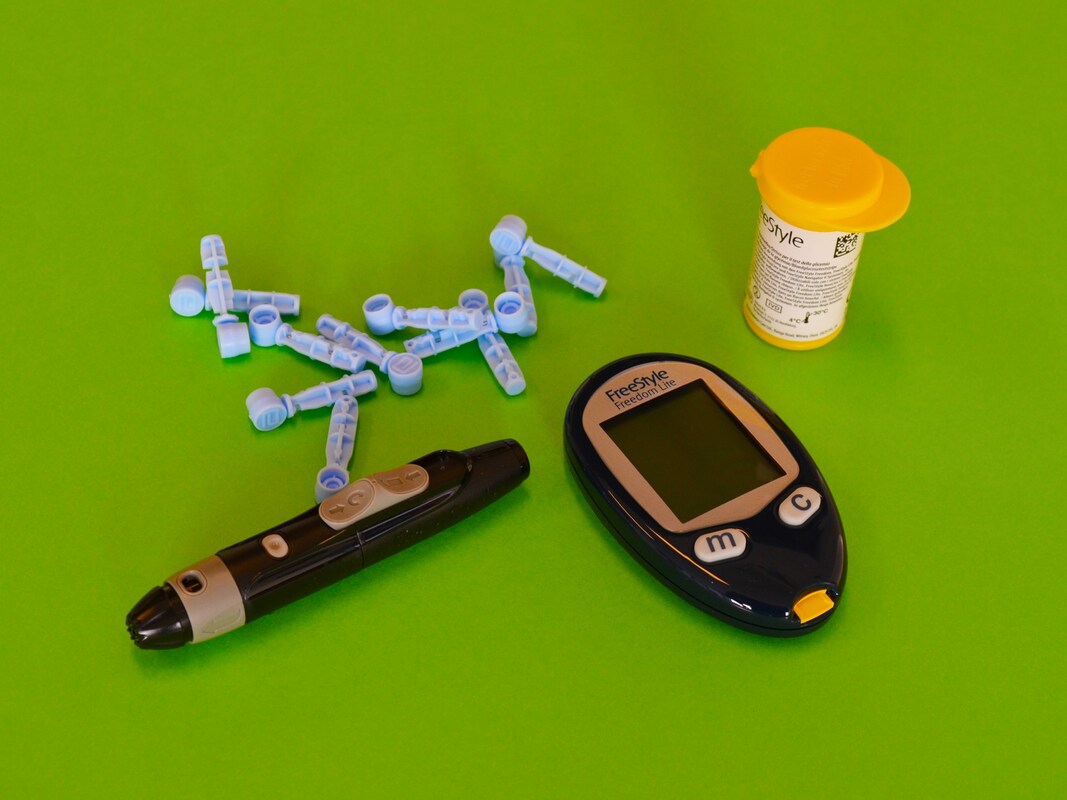|
By: Nisha Surendranathan
With the incidence of type 2 diabetes rising in much of the Western world, there is growing interest in the possibility of reversing this once-considered lifelong condition. But can it truly be achieved? Let’s dive into the latest evidence. What is the scale of the problem? In the United States, diabetes affects more than 10% of the population, and the majority of these cases (90-95%) are attributable to type 2 diabetes. With an increasingly aging population and as more of us are becoming overweight or obese, the incidence of adults diagnosed with type 2 diabetes has more than doubled in the last 20 years. What exactly is diabetes and what makes it a concern? Diabetes is a chronic (long-lasting) health condition that causes a person’s blood sugar levels to become too high. Insulin, a hormone produced by the pancreas, facilitates the uptake of blood sugar into the body’s cells for use as energy. In patients with type 2 diabetes, the body does not produce enough insulin or the body’s cells do not react to insulin properly. Over time, this can cause health complications, such as heart disease, vision loss, and kidney disease. Both genetic and environmental factors are believed to play a role in shaping the characteristics of this condition. What does ‘reversal’ mean? Researchers often use the terms reversal and remission. While reversal may suggest a permanent cure, recent research primarily focuses on achieving remission of type 2 diabetes. A widely accepted definition of remission is when blood sugar levels drop (A1c < 6.5%) without the need for glucose-lowering medication for at least 3 months. Interestingly, it is thought that even temporary remission can have lasting health benefits. Exploring the latest evidence Current standards of care include drug treatments, education and support, and managing risk factors. But with diabetes being the eighth leading cause of death in the United States, is it time to change the way we think about treatment? Recent research suggests the answer could be yes. One review looked at nearly 100 original studies that found that remission was possible via carbohydrate restriction, low-calorie diets, or bariatric surgery. While this review suggests that bariatric surgery could be the most effective option, concerns remain regarding surgical complications, cost, and challenges regarding maintaining lifestyle changes post-surgery. Groundbreaking research was achieved in the ‘DiRECT’ study (The Diabetes Remission Clinical Trial). Patients sustained remission for at least five years by following a diet-induced weight loss program. Initially spanning two years, the trial demonstrated remarkable outcomes: after one year, 46% of individuals with type 2 diabetes who underwent the program achieved remission, with 36% maintaining it at the two-year mark. Such success prompted an extension of the study. Five years later, an impressive 10% of the intervention group remained in remission, highlighting the effectiveness of the program. In England, the success of this trial contributed to the National Health Service funding a program for patients living with type 2 diabetes in certain locations. Eligible patients were offered low-calorie, total diet replacement products alongside support and monitoring. An additional comprehensive study spanning five years, conducted by Virta Health, also demonstrated that type 2 diabetes remission is possible. Virta utilizes an innovative blend of nutrition and technology to provide a novel approach to diabetes and weight-loss management. Central to their approach is the delivery of personalized medical care through physicians, nurse practitioners, and coaches, coupled with a low-carbohydrate diet plan. Remarkably, 20% of Virta patients completing five years of treatment achieved remission. The trial demonstrated numerous favorable outcomes including sustained blood sugar control, medication deprescription, significant weight loss, and improvements in overall cardiometabolic health. What’s the takeaway here? The escalating rates of diabetes are becoming an increasing health and financial burden on individuals and society. While the current standard of care proves effective for some, many would opt for remission if they were offered the tools and support to achieve this. This idea is no longer confined to the realm of speculation but is supported by emerging evidence. Providers need greater education on this emerging topic, to present these options in a patient-centric discussion. Ultimately, the prospect of remission offers hope for a brighter, healthier future for many Americans and indeed, around the world. Nisha Surendranathan, PharmD References
1 Comment
Minal Patel
5/8/2024 07:33:49 am
Great article, informative and precise. Easy to understand. Well written.
Reply
Leave a Reply. |
Archives
May 2024
Categories |

 RSS Feed
RSS Feed